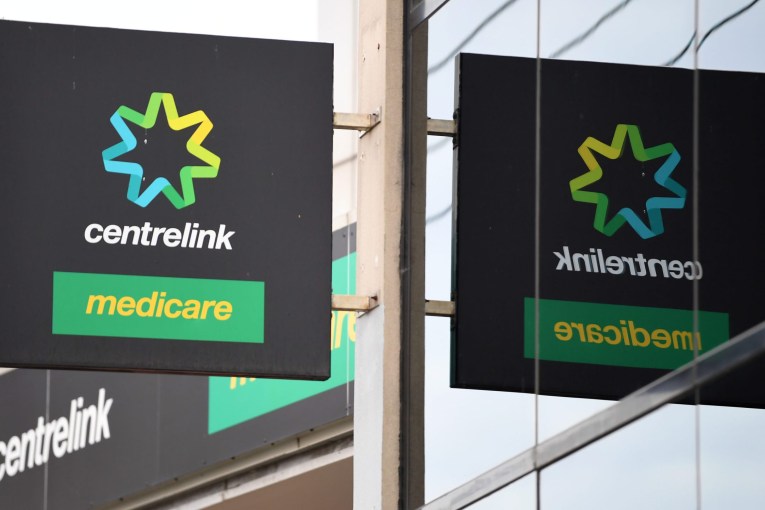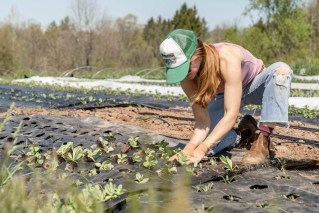The other side of the housing boom: Home dream just got another year further away
Last year’s housing boom means it now takes a young Australian couple an extra 11 months to save for a deposit on an entry-level home.


The housing price surge has lost some of its sting thanks to additional stock. (File photo)
In Brisbane, it added an extra three months to the time it takes a couple to save for a 20 per cent deposit, according to Domain.
It found the total time for a Brisbane couple was four years and 10 months, a relatively short period considering it’s eight years in Sydney, up to seven years in Canberra and six years and six months in Melbourne.
For a Brisbane unit, it took three years and five months to save for a deposit.
Adding to the pressure on younger people was the shortage of rental properties. The vacancy rate is hovering just above zero in many regional centres as well as Brisbane.
All of which adds impetus to the demands made yesterday by industry groups and charities for a national housing summit which could devise co-ordinated strategies to deal with the issue.
The Property Council will also launch its campaign on Thursday to pressure political parties on housing affordability.
But the impact is not just on affordability and availability. The Chamber of Commerce and Industry Queensland said it was hard to employ people where there was nowhere for them to live.
CCIQ policy and advocacy general manager Amanda Rohan said the housing crisis was widespread and in some Queensland regions the impact on business meant people with the skills could not relocate.
A report from Domain showed that over the past decade, house prices across the combined capitals increased by 101 per cent, and unit prices by 52 per cent while wages had not kept up.
“This is further exaggerated when comparing the typical dwelling cost to the average household income. As Australia competes on a global scale for skilled workers it is interesting to explore how Australia compares to other countries in terms of affordability. Housing costs as a share of income are higher in Australia than in most comparable countries,” Domain found.
“On average across the cities, the amount of income required to service a mortgage repayment has increased from 24.9 per cent in 2016 to 27.1 per cent, for an entry-house.
“For units, across the capitals, this has dropped from 20.8 per cent to 18.4 per cent. In regional Australia, for a house, this has increased from 15.2 per cent in 2016 to 16.7 per cent, while for units it has edged marginally higher from 13.4 per cent to 13.5 per cent. ”
In Brisbane, it was found to be about 25 per cent for houses and 15 per cent for units. Low interest rates have influenced these repayment figures.
“The difference between saving for an entry-level house or unit is widening over time and continues to increase. This is due to greater house price growth relative to units, as buyer preference has heavily focused on houses over the past year creating a record price gap between property types.
“Remote working has made this balance easier for those able to adopt a hybrid way of working between the office and the home.
“For some, this has opened up where they can reside, with more people willing to push further afield from their employment base. This has opened the doors to greater affordability and means some buyers can afford a larger home in an outer suburb.
“This aligns with the rise in keywords searches on Domain associated with lifestyle, greater space, garden, and yard.
“The decentralisation of our workforce is being embraced by middle Australia, with some working from home, even if it is for a couple of days a week, awakening affordability. Not everyone is able to do this, often lower-income workers need to be close to their workplace as they are unable to work from home.”












